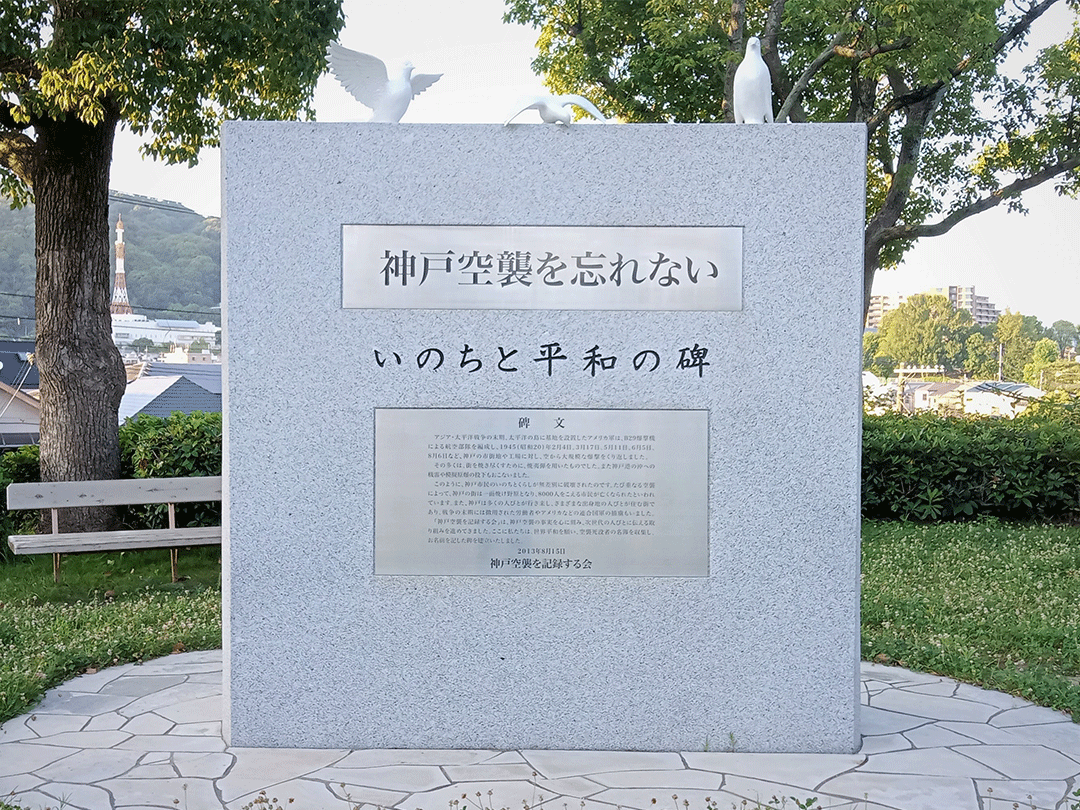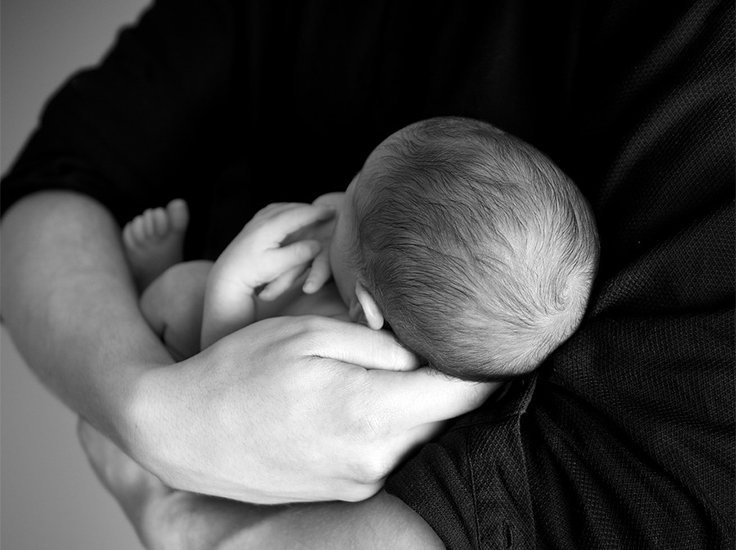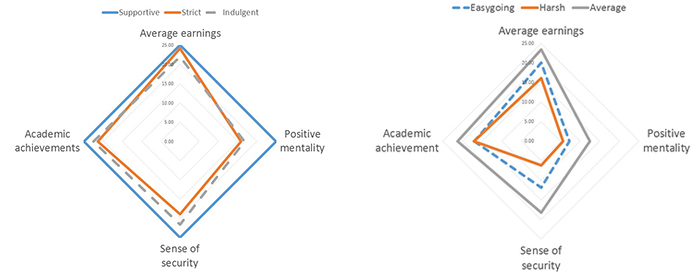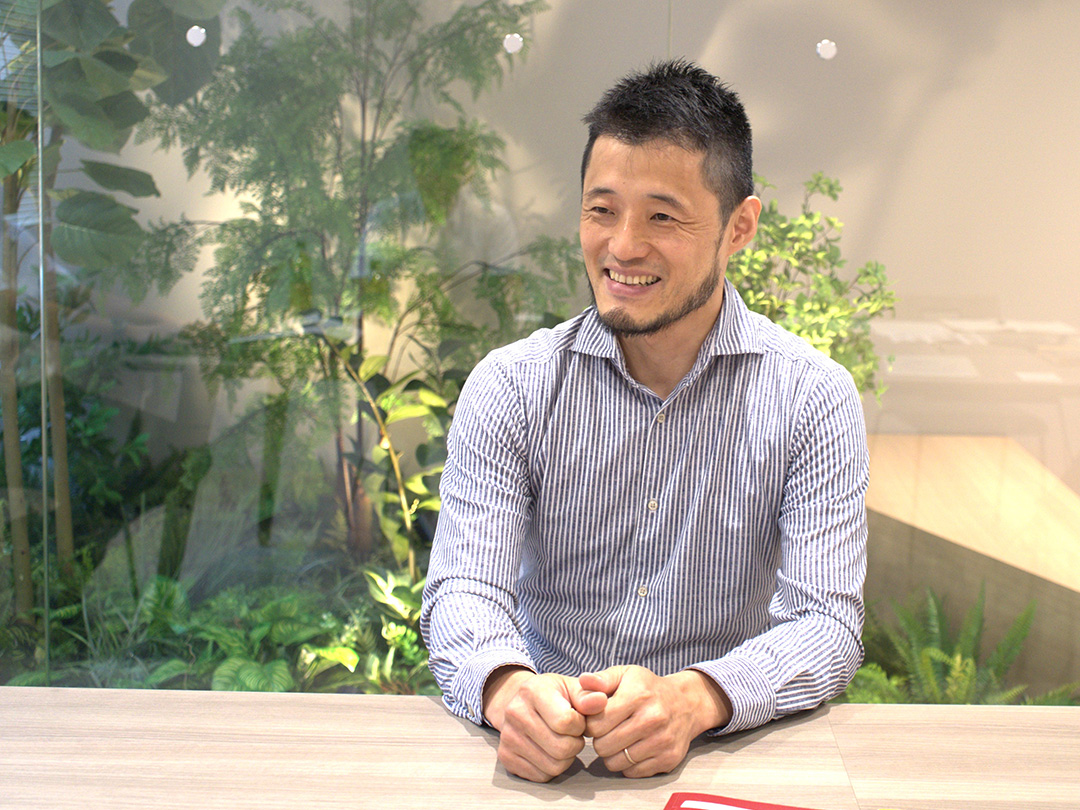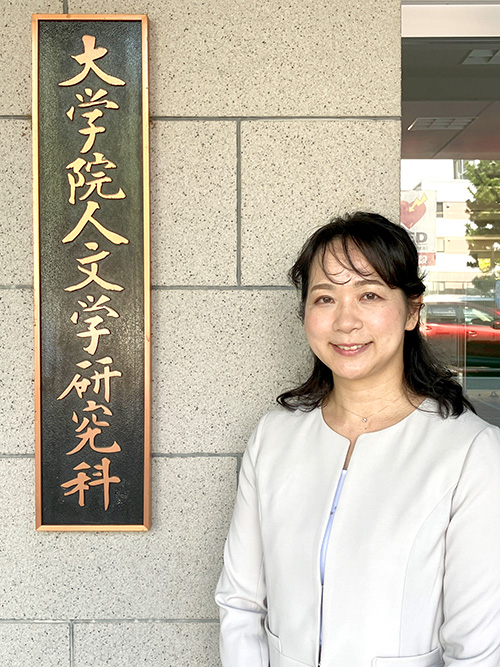
It is a deeply ingrained perception of gender roles in Japan that “childrearing is a mother’s job.” As a result, there is no end to the number of cases where mothers get exhausted by single-handedly raising their children or resort to child abuse due to social isolation. Meanwhile, despite the government having taken up the banner, there has been little progress in encouraging men to take parental leave. Amidst this situation, Professor NAKA Mao of the Graduate School of Humanities at Kobe University, who was inspired to question this situation after giving birth and raising children herself, has been thinking about parenthood from a philosophical perspective. Her book, “The philosophy of reproducing humans: ‘motherhood’ and kinship reconsidered,” which is the culmination of her thoughts on this topic, won the 2022 Suntory Prize for Social Sciences and Humanities, awarded for original academic research. We asked her on what it means to be a parent, and how she manages to balance child-rearing and research.
High acclaim for her book “The philosophy of reproducing humans”
Philosophy generally has an image of being difficult and logical. What kind of discipline is philosophy in the first place, and why did you decide to study it?
Naka: There isn’t a clear answer to what philosophy is. The field it covers is wide, and the definition varies by researcher. If I had to say, I would say that it’s about thinking things through to the end. You could say philosophy is about delving deeper beyond where ordinary people might stop.
I’ve always liked thinking by myself, to the point where my parents and teachers were worried about me. My fourth-grade teacher once told me I was suited to be a researcher and this got stuck in my mind, and when I applied for the University of Tokyo, I chose the College of Arts and Sciences, which was introduced to me as having a high ratio of students advancing to graduate school and becoming researchers. Since childhood, I’ve been interested in human relationships and why people behave and speak the way they do. At university, I wanted to study philosophy dealing with human relations and studied the French philosopher Emmanuel Levinas, who explored the question, “What is the other?” My study of Levinas spanned about a decade, from my undergraduate thesis to my doctoral dissertation.
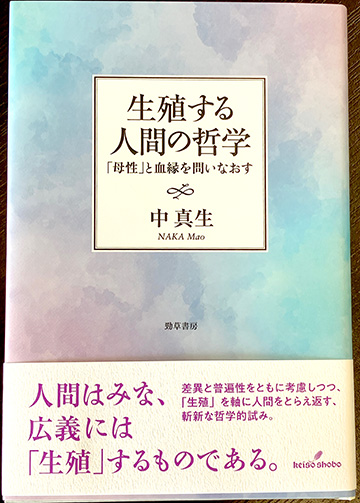
How were you influenced by Levinas, and how does this connect to your book?
Naka: Until my doctoral dissertation, my research was primarily textual interpretation of Levinas’ philosophy, focusing on areas of interest to me, such as the body, suffering, femininity, and reproduction. However, the idea of thoroughly elucidating the thought of a single philosopher did not suit me, and I always felt constrained by the fact that even if I wanted to think about something, I could only do so in a way that relied on Levinas.
Around 2007, when I started working at a private university, I decided that I wanted to have a child, so I started fertility treatment on my 35th birthday. I had my first child at 36 and my second child while at Kobe University, where I was appointed in 2011. I got a stable environment where I could devote myself to research, but I was also having a hard time finding time for research after my second child was born. At that time, one of my advisors from my student days advised me not to be confined to philosophy in a narrow sense. So, considering that Levinas also dealt with it, I decided to focus on reproduction, a topic I was interested in and was experiencing firsthand.
I had always been interested in gender issues, but I never thought I would make it a research topic. However, having children made me acutely aware of differences and disadvantages compared to men that I hadn’t felt before. From around 2011, I continued to write papers and give research presentations on related topics, shifting my perspective bit by bit. The culmination of these is “The philosophy of reproducing humans.”
Thinking separately about giving birth and raising children
You started rethinking motherhood and parenthood based on your own experiences of childbirth and child-rearing. How did you reframe these concepts?
Naka: It is often thought that the birth mother is the most important parent and the father is second. There is also a common belief that there is an insurmountable boundary between mothers and fathers, but I began questioning whether this is indeed the case. Upon closer examination, men can be involved in pregnancy and childbirth both physically and mentally, and in some cases, they may be more involved than women themselves. Mothers may focus their attention and effort on work or other matters immediately after childbirth, and fathers may form a closer relationship with their children than mothers do.
When thinking about what is meant by “motherhood,” it seems to me that the core of it is “giving birth” or “having given birth.” In other words, it’s believed that because a mother has been pregnant and given birth, it’s natural for a child to demand the mother the most.
This belief leads to the notion that it’s natural for mothers to bear the brunt of child-rearing. However, in reality, fathers can form the closest relationship with their children, and the parent doing the nurturing can become the “primary parent” that the child wants the most. Therefore, the first important step is to think about motherhood or primary parenthood separately from giving birth. In my view, the core of being a parent is raising a child and forming a close relationship with the child, both physically and mentally, through struggles and interaction.
You also touch on examples such as “baby hatches” and child abuse.
Naka: I thought it would be easier to understand if there were concrete examples, so I used examples such as the “baby hatch” at Jikei Hospital in Kumamoto Prefecture, or newborn adoption, foster parenting, and child protection services. If you believe that giving birth and raising a child are inseparable, then if you have an unwanted pregnancy or cannot raise a child for economic reasons, you have no choice but to have an abortion. However, if you consider them separately, then if the birth parents cannot raise the child, it’s acceptable to entrust the child to someone else. The “baby hatch” has been criticized as being an encouragement for easily abandoning children, but I believe that if child-rearing is truly difficult, methods to entrust the child to someone else should be seriously explored. This is not only for the child’s sake but also for the parents’ survival. Moreover, I think an environment that allows for this should actually be realized.
In cases of child abuse too, before parents are pushed to the limit, they should be able to temporarily or for the long term entrust their children to child protection services, foster parents, or consider adoption. I think it would be great if we could have a society where various options can flexibly and realistically be considered depending on the situation. Just having such options realistically available may ease their minds.
Being a parent means forming a close relationship with the child
You also offer a different perspective on fathers.
Naka: Currently, fathers are often seen as secondary to mothers, but this is not necessarily the case. Fathers, grandparents, and even non-blood-related caregivers can form the closest physical and mental relationship with a child, becoming the primary parent for the child. I was pleased to receive a lot of feedback from men on this point. Some men told me that they were encouraged because, without realizing it, they thought they were secondary and their wives were primary. However, I don’t think there are yet many men who, despite actively participating in child-rearing, have reached the core of what it means to be a parent. The core is forming the closest physical and mental relationship with the child and in that sense being the primary parent, and isn’t this where the real joy of parenthood lies, if, for example, a child says, “I want daddy,” and the father then also wants to be with the child? On the other hand, mothers may unconsciously not want to give up this joy, but I believe it’s necessary to be prepared to let go, even if only temporarily or partially. This could open up more possibilities for mothers to excel in their work and other various fields than ever before.
Again, how would you answer the question, what is a parent?
Naka: I believe that being a parent is not about being a single person who is the primary parent, but rather about a state of being a primary parent, which can be attained by multiple people. The split may vary, people may come and go freely, and the intensity may change. In other words, the “primary parent” for the child can be shared by multiple people. If there are birth parents and nurturing parents, various people from both groups can become the “primary parent” for the child. In this way, I believe that it is beneficial and necessary for both the child and the parents to build such a parenthood that changes and flows flexibly depending on the time and situation.
What themes will you work on in the future?
Naka: Currently, I am writing several papers on the theme of “loss.” The core of loss is bereavement, but there are various dimensions to loss, such as loss of relationships due to divorce or heartbreak, loss of confidence or hope, and so on. The concept of “ambiguous loss” has also been proposed, which refers to situations such as in a cold marital or parent-child relationship, where there is real loss but it is not visible. Aging is also like that, with physical functions declining and with the loss of work, human relationships, social roles, and household roles due to retirement or children becoming independent. I would like to expand my considerations to those various types of loss.
I started this because of my own experience of significant loss recently. I was in a situation where I couldn’t handle my daily life or work for quite a while. In my case, when I get stuck and can’t move forward, I feel a little better when I think hard about what’s going on and understand something. I also thought about how much harder it must be for children when it’s so hard for me as an adult, and I proposed a symposium on the theme of “loss experienced by children.” I hope to compile this into a book in the next year or two.
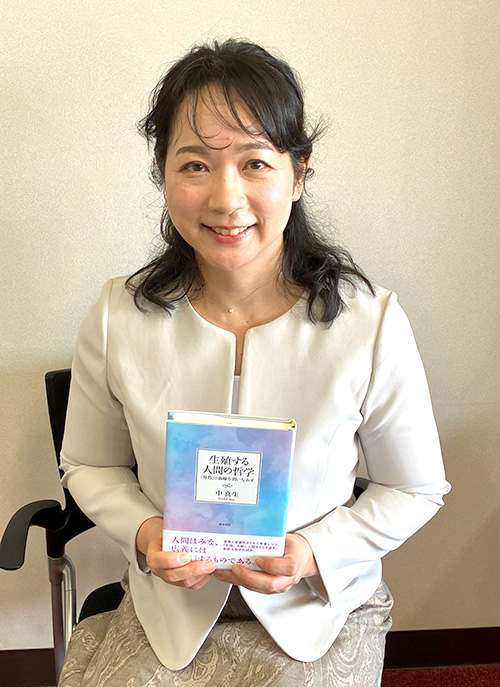
Finally, how has your work on these questions impacted on the way you balance working and child-caring yourself?
Naka: Currently, I have children in the third year of junior high school and in the sixth and second years of elementary school. My husband works away from home during the week, so when the children were young, I had my husband take the children out during the day on weekends and conducted my research during that time. On weekdays, after dropping the children off at daycare, I studied at a nearby family restaurant until it got crowded at lunchtime. This allowed me to write many papers and was a great help. Even now, my husband works away from home, so I can only do research during the day. Since I tend to relax at home, I mostly go to family restaurants or libraries to study. It’s a question of how to concentrate and make the most of a short period of time.
Resume
| March 2005 | Left Graduate School of Humanities and Social Sciences, The University of Tokyo after completing the required coursework |
| April 2007 | Associate Professor, Shukugawa Gakuin University |
| December 2007 | Received Doctorate in Literature from The University of Tokyo |
| April 2011 | Associate Professor, Graduate School of Humanities, Kobe University |
| June 2021 | Professor, Graduate School of Humanities, Kobe University |
| December 2022 | Received the 44th Suntory Prize for Social Sciences and Humanities on “The philosophy of reproducing humans: ‘motherhood’ and kinship reconsidered” |





